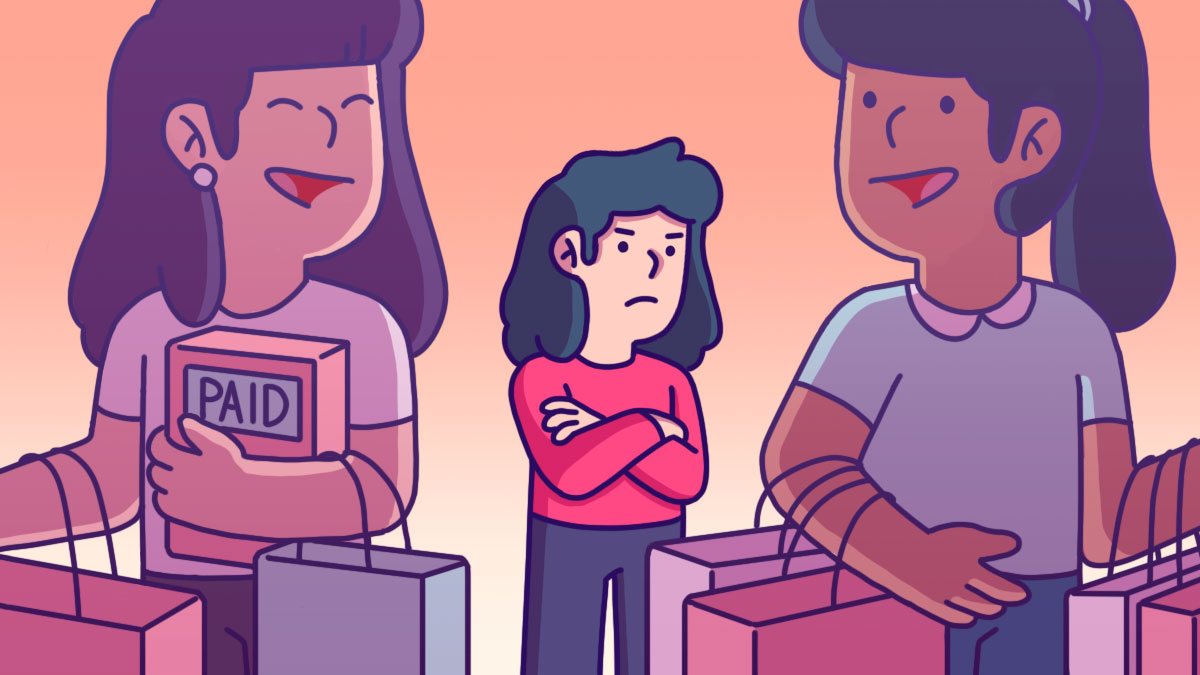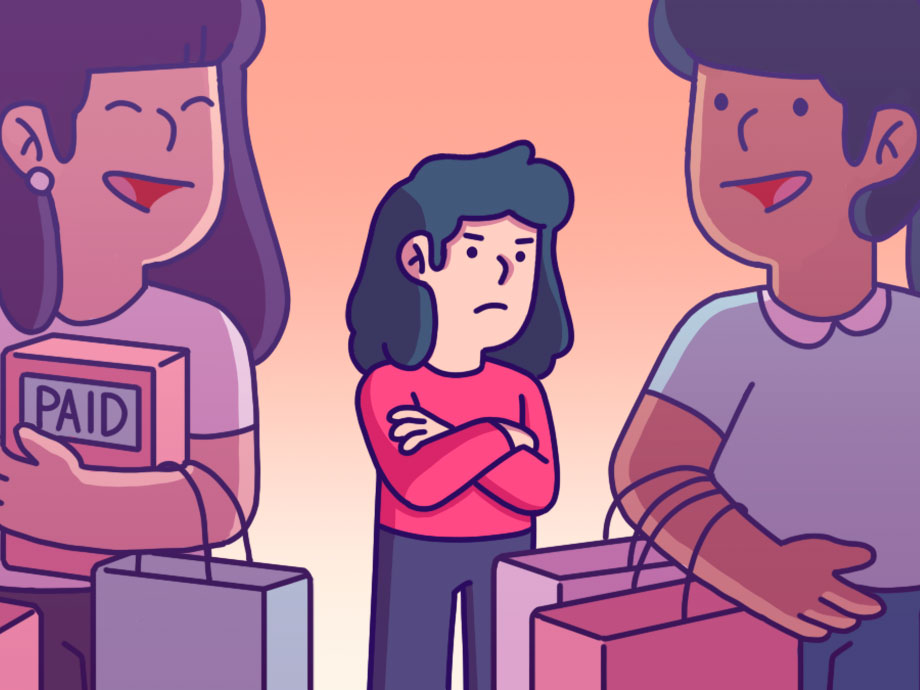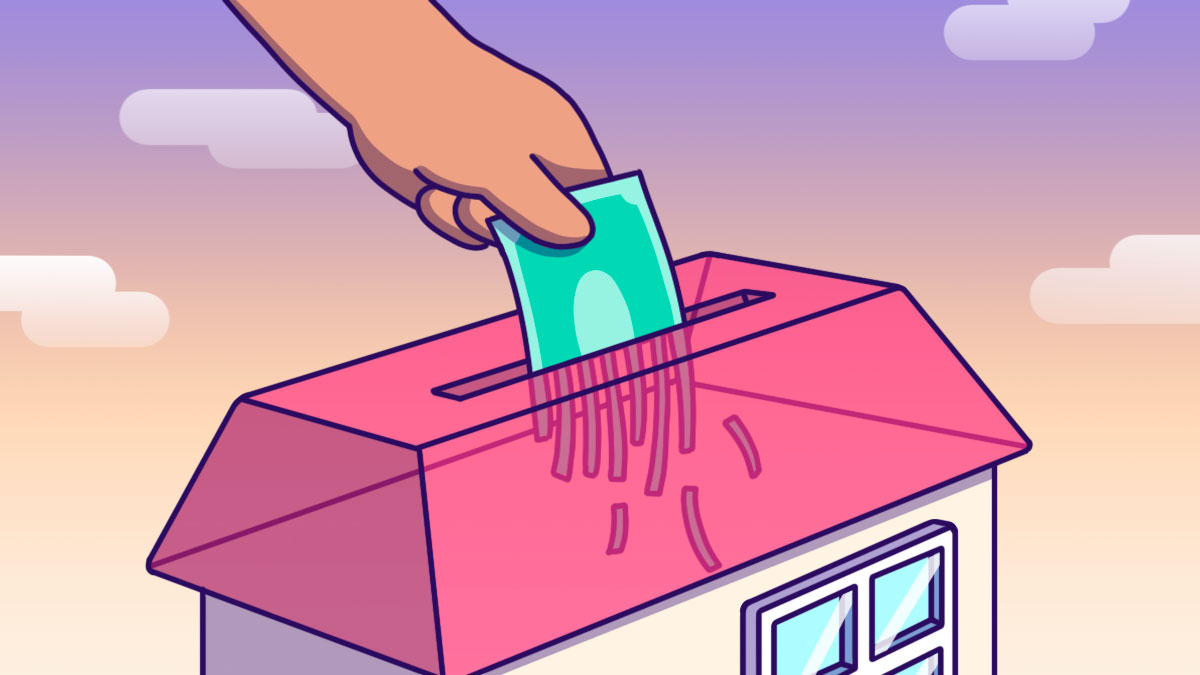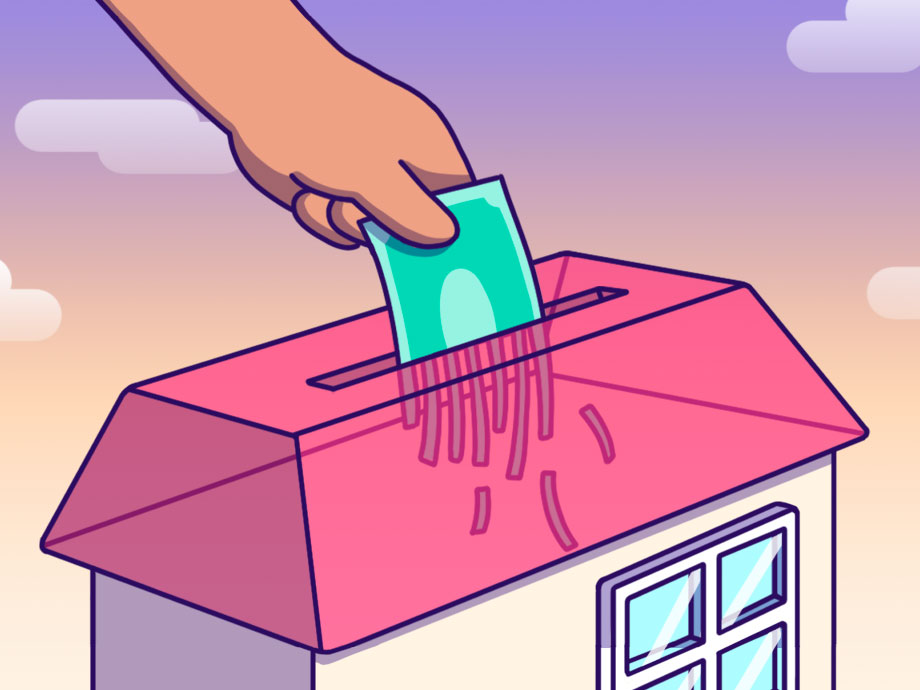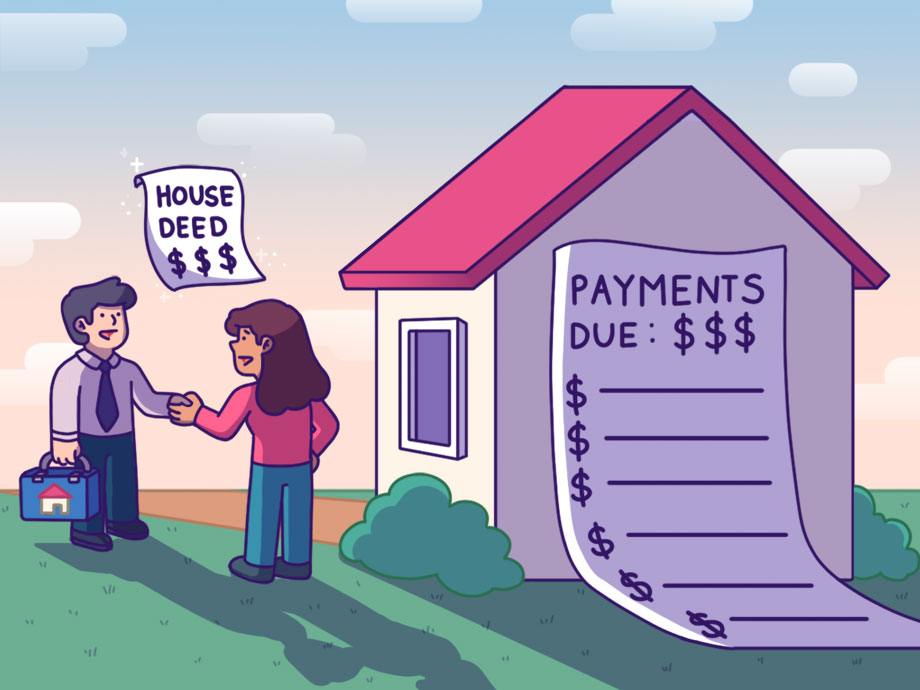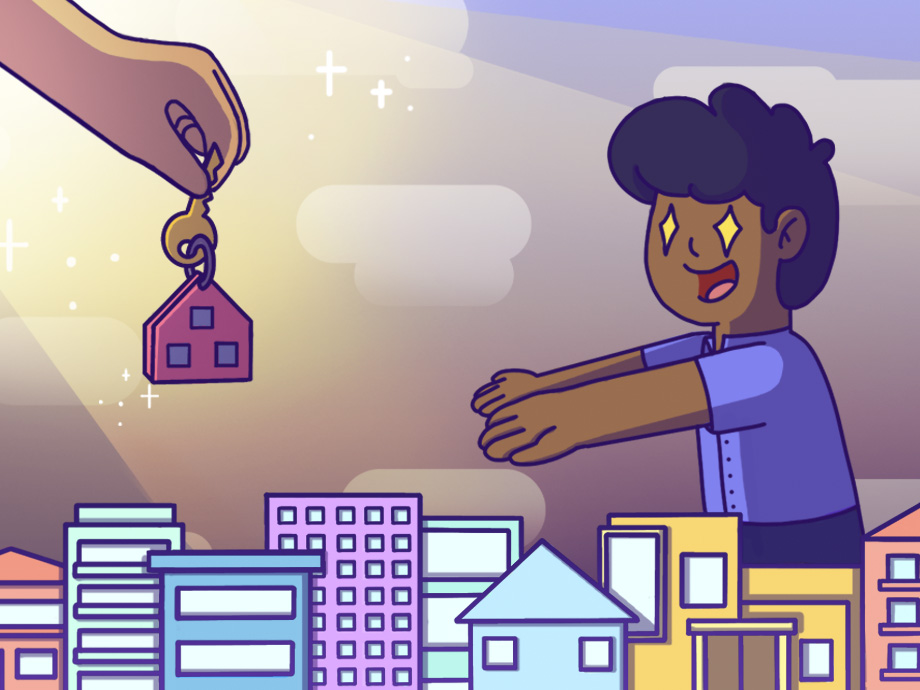Investing | Life | Personal Stories | Relationships & Family | Article
I Regret Co-Owning a Property with A Relative
by Ooi May Sim | 10 Nov 2022 | 7 mins read
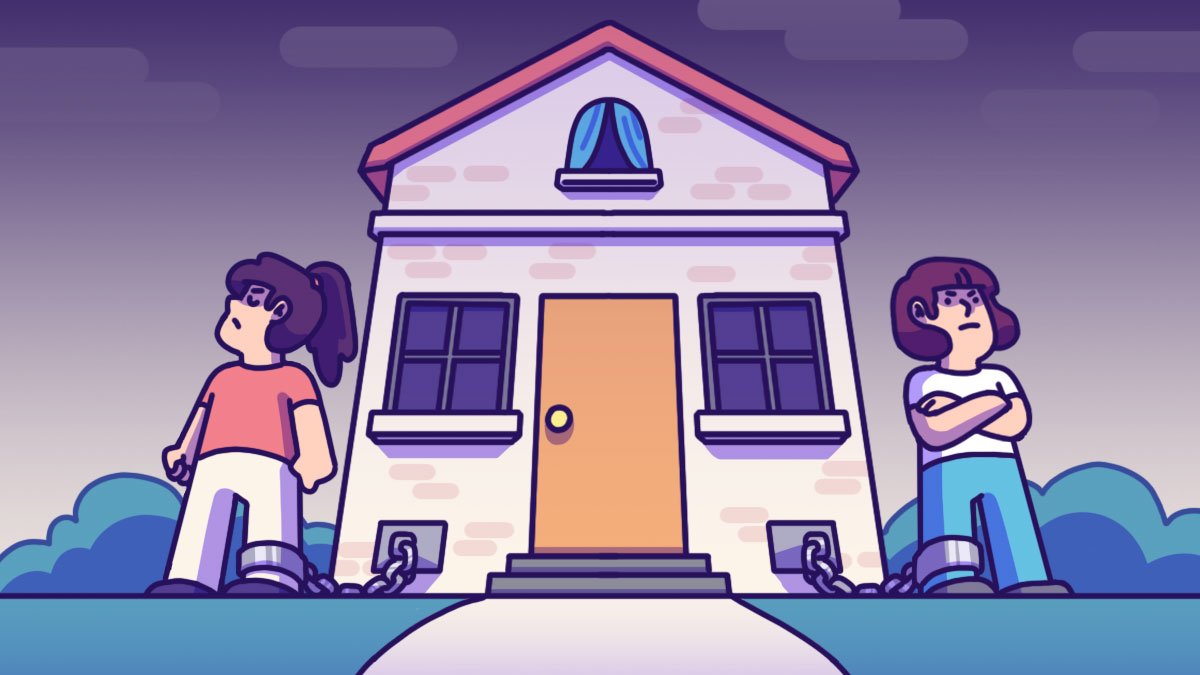
Many of us consider owning a property as a rite of passage. As we get older, we strive to move out of our parents’ home and have a place of our own, where we can potentially settle down for the rest of our lives. What’s more, unlike renting, we can feel secure in knowing that we’ll have a roof over our heads when we’re older and no longer working.
But there’s one thing that may stand in the way of us being able to fulfil our dream of owning a property – not having enough money to pay for the down payment, and even the monthly instalments of a housing loan.
To work around those obstacles, some Malaysians band together with their family members or spouses to jointly pay for and co-own a property. While co-owning a property eases the financial burden for everyone involved because you can divide the monthly home loan repayments among the owners, it may cause friction in your relationships and lead to more financial pain in the long run. This is something that Cassie* experienced when she bought her first property.
She shares how she ended up co-owning a property with someone, and the reasons why this was her biggest financial mistake.
It was a family decision
“When I started working, my parents told me it was time to buy a property,” Cassie recalls, adding that, at the time, she was only 23.
Cassie came from a family who placed a lot of emphasis on saving and investing from a young age. Her parents, who are government servants, believed that owning a property “secures” her future, so they eagerly pushed her to buy one.
She had her eyes on a RM50,000 walk-up apartment but her parents wanted her to purchase a property in Ara Damansara for RM120,000.
This was back in 2000 when a RM120,000 apartment was considered mid-range, says the 45-year-old.
As Cassie was only earning RM2,000 and could not afford to buy the property on her own, the plan was for her parents to pay the down payment, and for Cassie and a relative to co-own the place and service the monthly instalments.
“My salary was so little (back then), so (buying that apartment) wasn’t something that I was comfortable with. It was a family (decision),” she says.
Related
Cracks begin to appear
When Cassie and her relative bought the property, they were both in their early 20s, and when you are a young adult, life has a way of evolving, so plans tend to change as well.
After living together in their shared property for two years, Cassie’s relative wanted to move out and sell the place, but Cassie was reluctant to do so because they had both spent a lot of money paying for the fees that came with buying the house, so selling the property then would have left them worse off, financially.
“My relative wanted to move (somewhere else) to pursue her dreams (and needed some money)”.
“I told her that even if we sold the property, the price hadn’t appreciated much so we wouldn’t (make) anything from it as we had just bought the house. I said, ‘We have to wait a couple more years (for it to be profitable),” she says.
But more pertinently, selling the house would leave Cassie homeless.
As we couldn’t come to an agreement, arguments ensued. Both sides didn’t want to give in, so we were held hostage by each other’s decision, says Cassie.
Cassie’s relative eventually moved out and stopped paying her share of the housing loan. Now, Cassie had to take on the burden of paying the full amount of the monthly instalments on her meagre RM3,000 salary.
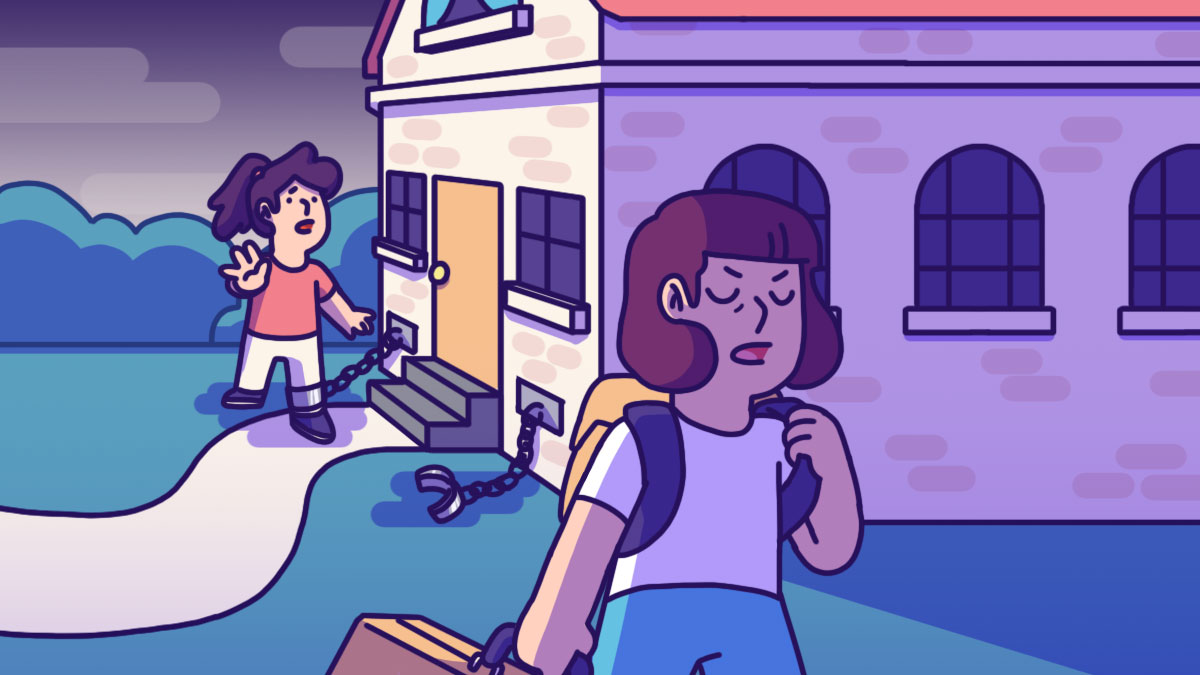
Climbing out of debt
“I wasn’t ready to shoulder this huge amount on my tiny salary and was resentful of (how) I ended up in this situation that I could not get out of,” Cassie says.
To make matters worse, she was also heavily in debt. Cassie had a car loan and a RM20,000 credit card bill (caused by overspending) to pay off. Every month, she struggled to make all the payments.
But this served as a wake-up call for Cassie who realised just how badly managed her finances were and that she needed to put a plan in place to get out of debt. Over the next 10 years, she strategically and aggressively paid off her debt.
“I had to watch every penny and work extra shifts to earn more money, but in the end, I believe it taught me to be tougher and more money savvy,” she says.
She finally cleared all her consumer debt in 2016. As for her property, Cassie used a portion of her EPF funds to buy out her relative’s share of the property. She says she regrets that particular decision, as that money would have appreciated greatly over the years and strengthened her retirement funds.
On the bright side, she was the proud whole owner of the unit.
Constant reminder of a painful time
Although Cassie now owns the property, she doesn’t like to live there because of the sad memories attached to that place. However, she also gets stressed by the thought of selling it.
“This may sound odd, but I’m afraid of making another financial mistake if I sell it,” she says.
Currently, Cassie rents out the unit she owns and rents another apartment to live in as she enjoys the freedom of renting homes in areas that she likes to live in. She often rents places near her job, for example.
Related
Before co-owning a property, here’s what you should know
Cassie shares some of her learnings from her experience:
1. Only buy when you are ready
Cassie and her relative were really young when they bought the house, so she doesn’t blame her for changing her mind and wanting out. Cassie shared the same sentiment, in her own way.
“I like to have the freedom to be able to do whatever I want so being financially tied down because of the property was intimidating. I couldn’t take risk and would worry about what would happen if I ever lost my job. I felt chained to my property, she says.
“So, before buying a property, make sure you are ready to be financially tied down for many, many years,” Cassie advices.
2. Make sure your goals are aligned
Cassie and her relative were on different paths in life. They had different financial goals and mindsets, which may have added to their conflicts.
If you want to buy a property with someone, make sure both of you are on the same page and have similar plans and goals, says Cassie.
3. Don’t let others pressure you into making financial decision
While I don’t blame my parents for pushing me to buy the property as they were just looking out for me, you shouldn’t let other people make financial decisions for you, says Cassie.
“Even if it is your mom and you trust her, you should not make financial decisions based on family pressure because your mom’s personality and your personality are different. Make your own decisions and don’t let relatives or other (people) persuade you into making finance decisions,” she says.
4. Sometimes, it’s more than just the money
Cassie’s property has over doubled in value in the past 22 years since she bought it, so as far as property investments go, she is winning. However, Cassie still suffers from financial PTSD (post-traumatic stress disorder) that has made her terrified of making major financial decisions.
“Till this day, my mother doesn’t understand why I’m so fussed up about it as it turned out well in the end, and the property has appreciated a lot because (of its location).
“But if I could go back in time, I would have agreed to sell the property. I would have lost money, but hopefully that would have salvaged my relationship with my relative,” says Cassie, who adds, “There were so much ill feelings over one property. When you think about it, it is just a stupid brick and mortar, so for our relationship to break up because of that is pretty tragic.”
* Name has been changed to protect the person’s identity.





